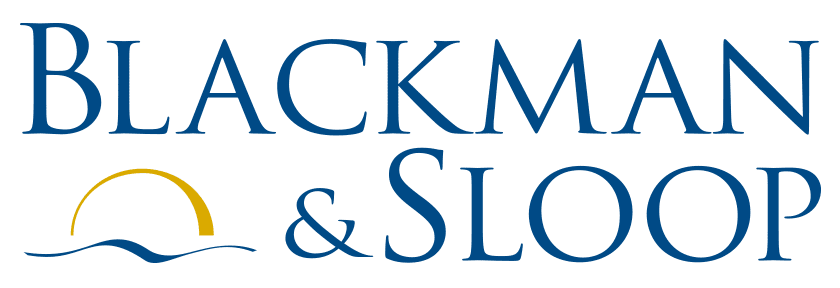An Introduction to the AICPA’s Financial Reporting Framework for Small- and Medium-Sized Entities (FRF for SMEs)
In June, The American Institute of Certified Public Accountants (AICPA) introduced a new accounting option for smaller privately owned businesses in preparing financial statements. Below are some specifics about the new framework.
What is it? A new accounting option developed by the AICPA for preparing streamlined, relevant financial statements for privately held owner-managed businesses that are not required to use Generally Accepted Accounting Principles (GAAP). The FRF for SMEs framework draws upon a blend of traditional methods of accounting with some accrual income tax methods.
Who should implement this framework? “Owner-managed” businesses in which the people who own a controlling interest are substantially the same set of people who run the company. It should not be expected that this business is going public or that ownership would change in the near future. The financial statements of the entity should not be complex, and there should be a low level of credit exposure for the company.
Who would use these financial statements? The AICPA has identified the primary users of these financial statements as: Small business owners; Law and medical practices; Bankers and other lenders; Insurance companies; Sureties; Private investors
When should a business consider using the framework? This special purpose framework can be considered when GAAP reporting isn’t required. Also, when a company is applying for bank financing and has available collateral or other methods of evaluation not related to the financial statements.
Why consider this new reporting option? The AICPA says that it is a cost-beneficial solution for owners who require financial statements, and that it is a more intuitive and understandable framework.
How is FRF for SMEs Different from GAAP? It is an Other Comprehensive Basis of Accounting (OCBOA) that uses historical cost rather than fair value; doesn’t require consolidation of variable interest entities; allows for use of the consolidation method or equity method to account for subsidiaries; reduces the number of financial statement disclosures; minimizes book vs. tax differences; doesn’t require recognition of deferred taxes, but still provides the option to record, if preferred; and requires goodwill to be amortized.
Resources – AICPA’s “Financial Reporting Framework for Small- and Medium-Sized Entities,” and AICPA’s “FRF for SMEs Frequently Asked Questions.”
About Blackman & Sloop CPAs, P.A.:
Blackman & Sloop is a full-service CPA firm headquartered in Chapel Hill, North Carolina and is actively involved in auditing, taxation, management consulting, financial planning, and related services. The firm directs a large part of its services toward providing management with advice on budgeting, forecasts, projections, financing decisions, financial analysis, and tax developments. The firm also performs review and compilation services and prepares not-for-profit, corporate, individual, estate, retirement plan, and trust tax returns as well as technology consulting services regarding installation and training on QuickBooks. Blackman & Sloop provides services in Raleigh, Durham, Chapel Hill, RTP, Hillsborough, Pittsboro, Charlotte, and the rest of North Carolina. To find out more please visit http://www.blackmansloop.com
Contact: CPA cpa@blackmansloop.com
Toll Free: 1-877-854-7530The Exchange West
1414 Raleigh Rd, Suite 300 Chapel Hill, NC 27517




